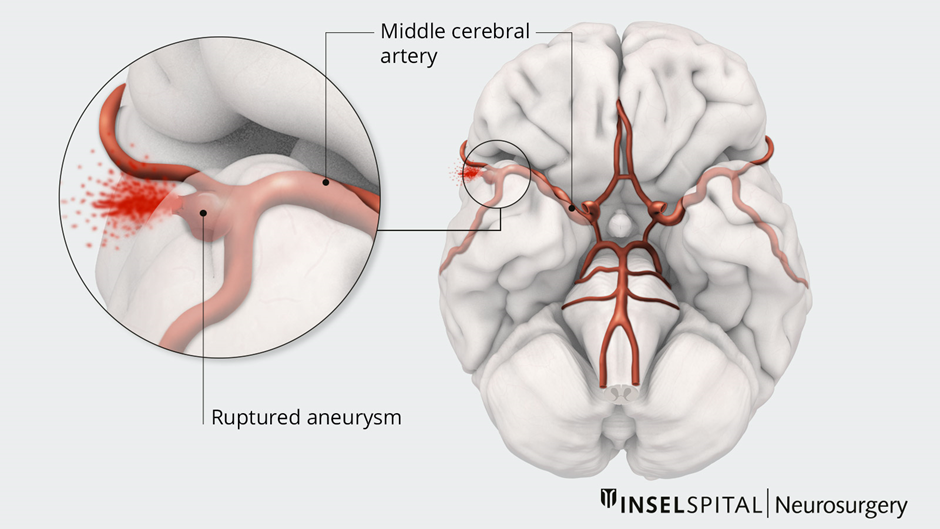A nurse is caring for a client who reports continuing problems related to migraines. The nurse is assessing the psychosocial impact of migraines on the client. Which of the following questions should the nurse include in the assessment?
(Select All that Apply.)
"Are you having any feelings of depression?"
"Are you experiencing any sensitivity to light?"
"Are you feeling any increase in your sexual drive?"
"Are you experiencing any episodes of 'panic-type' feelings?"
"Are you experiencing more fatigue as compared to before you had migraines?"
Correct Answer : A,D,E
Choice A Reason:
"Are you having any feelings of depression?". This statement is appropriate. Migraines can significantly impact mood, and depression is a common comorbidity in individuals with chronic migraines. Inquiring about feelings of depression allows the nurse to assess the client's mental health status and provide appropriate support or referrals if needed.
Choice B Reason:
"Are you experiencing any sensitivity to light?": This statement is inappropriate. This question addresses a physical symptom commonly associated with migraines rather than psychosocial impact.
Choice C Reason:
"Are you feeling any increase in your sexual drive?" Migraines are more likely to decrease sexual drive due to pain and fatigue. This question is not typically relevant to the psychosocial impact of migraines.
Choice D Reason:
"Are you experiencing any episodes of 'panic-type' feelings?" This statement is appropriate. Migraines can sometimes trigger anxiety or panic attacks in affected individuals. Inquiring about panic-type feelings allows the nurse to assess the client's emotional response to migraines and provide interventions or referrals for anxiety management if necessary.
Choice E Reason:
"Are you experiencing more fatigue as compared to before you had migraines?": This statement is appropriate. Fatigue is a common symptom associated with migraines, both during and after an attack. Assessing the client's level of fatigue helps the nurse understand the impact of migraines on the client's energy levels and overall functioning.
Nursing Test Bank
Naxlex Comprehensive Predictor Exams
Related Questions
Correct Answer is D
Explanation
Choice A Reason:
Osteoporosis is inappropriate. Chronic respiratory acidosis can lead to osteoporosis over time due to several factors, including chronic hypoxemia, which can affect bone metabolism and lead to bone loss.
Choice B Reason:
Polyuria is inappropriate. Polyuria, or increased urination, is not typically associated with chronic respiratory acidosis. In fact, respiratory acidosis tends to cause retention of bicarbonate ions, which can lead to compensatory metabolic alkalosis and decreased urine output.
Choice C Reason:
Anxiety and depression is inappropriate. Chronic respiratory acidosis can lead to symptoms such as lethargy, confusion, and decreased mental acuity due to the effects of elevated CO2 levels on the central nervous system. While anxiety and depression are not direct consequences of chronic respiratory acidosis, individuals with COPD may experience anxiety and depression as a result of their chronic respiratory condition.
Choice D Reason:
Delirium is correct. Delirium, characterized by an acute change in mental status, confusion, and altered consciousness, can occur in severe cases of chronic respiratory acidosis, especially during acute exacerbations. Elevated CO2 levels can affect brain function and lead to symptoms of delirium.
Correct Answer is B
Explanation
Choice A Reason:
Keeping lights turned to medium level in the evening is incorrect. This intervention is aimed at reducing environmental stimuli, which may be appropriate for some patients with neurological conditions to minimize sensory overload and promote rest. However, it is not a specific intervention for preventing cerebral aneurysm rupture.
Choice B Reason:
Maintaining the head of the bed between 30 and 45° is correct. Keeping the head of the bed elevated can help reduce intracranial pressure and decrease the risk of cerebral aneurysm rupture or rebleeding in patients with aneurysmal subarachnoid hemorrhage. This position promotes venous drainage from the brain and helps prevent increases in intracranial pressure.
Choice C Reason:
Administering hypotonic intravenous solutions is incorrect. Hypotonic intravenous solutions have a lower osmolarity than blood plasma and can lead to cerebral edema, which may exacerbate intracranial pressure and increase the risk of cerebral aneurysm rupture. Isotonic solutions, such as normal saline (0.9% NaCl) or lactated Ringer's solution, are typically preferred for fluid resuscitation and maintenance in patients at risk of cerebral aneurysm rupture.
Choice D Reason:
Reposition the client every shift is incorrect. Repositioning the client every shift helps prevent complications associated with immobility, such as pressure ulcers, pneumonia, and venous thromboembolism. While important for overall patient care, repositioning alone does not directly address the risk of cerebral aneurysm rupture.

Whether you are a student looking to ace your exams or a practicing nurse seeking to enhance your expertise , our nursing education contents will empower you with the confidence and competence to make a difference in the lives of patients and become a respected leader in the healthcare field.
Visit Naxlex, invest in your future and unlock endless possibilities with our unparalleled nursing education contents today
Report Wrong Answer on the Current Question
Do you disagree with the answer? If yes, what is your expected answer? Explain.
Kindly be descriptive with the issue you are facing.
